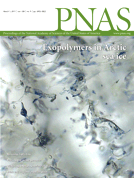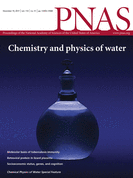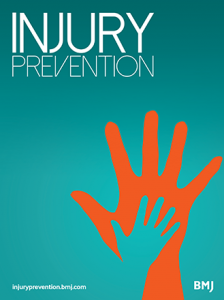
The new year will bring a sixth retraction for food scientist Brian Wansink, whose work has been under fire for all of 2017.
Although the notice has not yet been released, the journal Appetite plans to retract a 2003 paper about the different forces that motivate people to try new foods (referring, in this specific context, to soy).
It’s unclear why “Profiling taste-motivated segments” is being retracted (we asked the journal, but haven’t immediately heard back); some potential issues were flagged in March by Nick Brown, a PhD student who has devoted hundreds of hours to analyzing Wansink’s work (and forwarded us the email from Appetite confirming the upcoming retraction).
For instance, Brown alleged the article contains duplicated material, and similarities to the results from another 2002 paper that also measured soy consumption. After analyzing those two papers and a 2004 paper (also about eating soy), Brown concluded:
Continue reading Another retraction to appear for Cornell food scientist Brian Wansink




 In 2016, researchers at Oregon State University published a paper in
In 2016, researchers at Oregon State University published a paper in 
